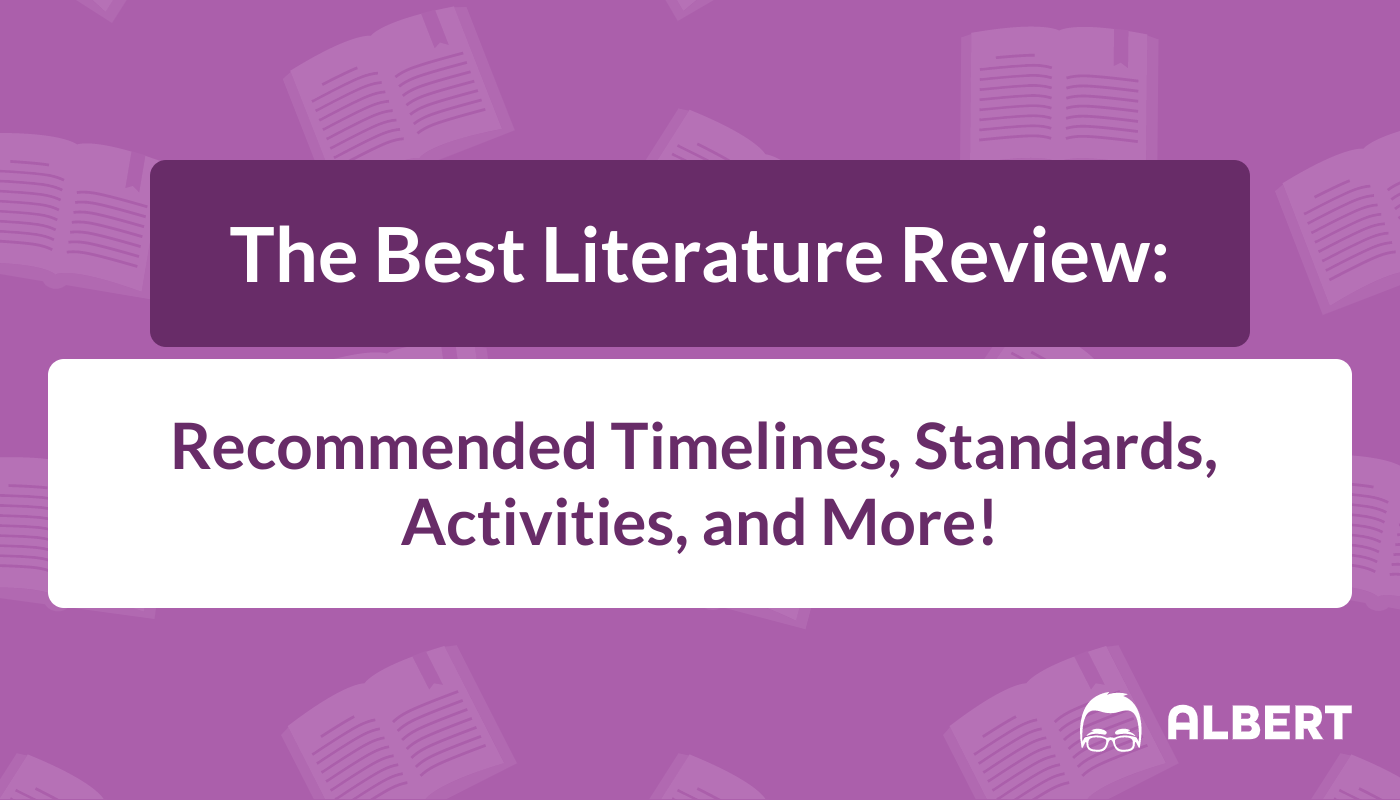Literature
The Best Literature Review: Essential Questions, Standards-Alignment, Activities, and More!
Explore our collection of Literature 101 articles to help with teaching and reading literature. Our easy-to-follow guides are perfect for use at home or in your classroom!

The Great Gatsby
Explore all aspects of this classic novel by F. Scott Fitzgerald.
Lurching from one lavish event to the next, the careless sybarites of Gatsby's world make their home in the space between parties.
How do each night's festivities serve to advance the plot, and what is Nick's role — as watcher, chronicler, enabler, and ultimately friend — in the hedonistic mess of East Egg and its aspirational foil, West Egg? In his confrontations with "careless people" of dubious morality, how does Nick change? More importantly, do his interlocutors change, even in small ways? By the final chapter, what case can you make for the stunting and anesthetizing effects of wealth?
Explore these questions and more with our comprehensive review guides.
Fahrenheit 451
Explore all aspects of this dystopian work by Ray Bradbury.
Explore the meaning and importance of literacy with questions on dystopian conventions and the upper bounds of human endurance.
Bursting with symbolism, Fahrenheit 451 has a lot to say about grand ideas like death, pleasure, intellectualism, and censorship. In what ways is Bradbury's world an exaggeration of our own? Consider the characters' hedonism, anti-intellectualism, and refusal to engage with painful events. What dangers and ironies does Bradbury's novel illuminate — and what critique does it offer of modern society and its repressions and discontents? How does Bradbury pave the way for the possibility of redemption, and how does he wield language to illustrate the perils of complacency and conformity?
Explore these questions and more with our comprehensive review guides.
Hamlet
Explore all aspects of this classic play by William Shakespeare.
Madness. Loyalty. Political upheaval. Social anxiety. Though written over 400 years ago, Hamlet reflects timeless concerns.
How does Shakespeare use the play within a play to propel the action? Is the ghost real, or just in our protagonist's head? And what does Hamlet's disdain for his uncle and his mother suggest about his concept of family and his view of women? What does it mean for Hamlet "to be?"
Explore these questions and more in our comprehensive review guides.
Interested in a school license?
➜ SAT® & ACT®
➜ AP®
➜ ELA, Math, Science, & Social Studies
➜ State assessments
Options for teachers, schools, and districts.

